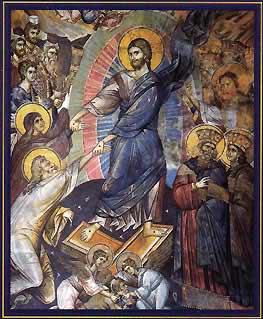Easter concert featuring the Bulgarian talents of Folklore Ensemble
"Dobrudzha" (Silistra)
with artistic director Mr Dimitar
Dzhambazov, the Ballet "Impulse" (Ruse), the vocal ensemble "Viva
teens" (Tutrakan) and the vocal group
"Prista" (Ruse) took place the evening of April 8, 2015 in Budapest
in the building of the Bulgarian Cultural Institute.
The concert was a gift for many Bulgarians living in Hungary
and came to enjoy the performance of the groups. Ensemble "Dobrudzha" perform traditional Dobrudzha’ dances.
All participants were able to touch our countrymen on the
eve of Easter - there were tears, there was unrest, there was dancing, there
was applause, there was so
much Bulgarian energy.
Earlier the same day Ensemble "Dobrudzha" participated in the program of "Days of Bulgaria" with folk dance program in the Central Market Hall of Budapest. Besides those who came especially Bulgarians and many passing Hungarians and guests applauded the talent of our dancers and took part of Dobrudza “pravo horo” dance.
Earlier the same day Ensemble "Dobrudzha" participated in the program of "Days of Bulgaria" with folk dance program in the Central Market Hall of Budapest. Besides those who came especially Bulgarians and many passing Hungarians and guests applauded the talent of our dancers and took part of Dobrudza “pravo horo” dance.
Before returning back to Bulgaria, the children and their menagers traveled to Vienna
and the sights of the city.
"HUNGARY-BUDAPEST AND AUSTRIA-VIENNA, wonderful
emotions and experience," said Dimitar Djambazov after returning to
Silistra.
Photos: D. Dimitrova D. Djambazov













